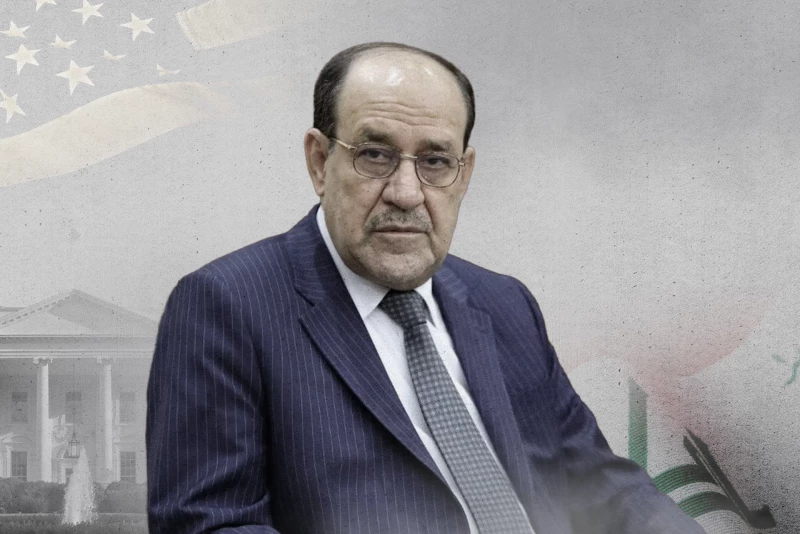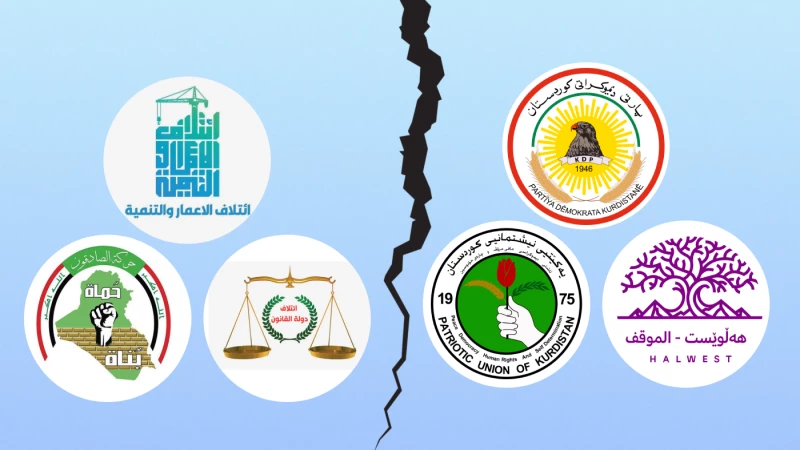Baghdad was named the Arab Tourism Capital late last year, a title that sparked sarcasm and criticism across Iraqi social media. Many people questioned how a city can promote tourism while shutting down its bars and social clubs, cracking down on liquor stores, and even going so far as to search the cars of tourists coming from the Kurdistan Region for hidden beer cans or bottles.
This strict enforcement came after the Municipal Revenues Law was passed in 2023. Article 14 of the law criminalizes the sale, purchase, and production of alcohol, which many say violates Iraq’s constitution.
Section 2 of Article 2 of the 2005 Iraqi constitution says, “No law may be enacted that contradicts the basic rights and freedoms guaranteed by this Constitution.” Article 17 reads, “Every individual has the right to personal privacy. No one may enter or search a home except with a court order.” Article 41 guarantees protection for religious and sectarian privacy.
Due to the contradictions with the constitution, lawyers representing liquor store owners and alcohol traders have been filing legal challenges to cancel or amend this law. But so far, they have seen no progress.
Some liquor stores in the Karkh side of Baghdad remain open, either because of lenient local police or because of the protection from influential and powerful figures. However, these stores often get shut down quickly, usually after a member of the parliament complains or when local officials change their stance.
Alcohol has long been part of Iraq’s culture and traditions. Historical records show that Iraqis have been producing and consuming alcohol since ancient times. The Sumerians and Babylonians, dating from around 4000 B.C., are believed to have created a wide range of alcoholic drinks, including fermented beverages such as beer and wine as well as distilled spirits such as arak.
Alcohol was used in religious and social ceremonies, and beer was even part of workers’ wages.
Even during the Islamic era, especially in the Abbasid period, Baghdad had about 40 well-known taverns. A system allowed Christians, Jews, and Mandaeans to run these taverns, even though most of their customers were Muslims.
This system lasted through later periods, including the Ottoman Empire, and was modernized but never abolished during modern Iraq’s monarchical and republican eras. The government created rules about where bars and social clubs could be located and enforced laws against drunk driving and other alcohol-related offenses.
The new alcohol ban in the Municipal Revenues Law, which was introduced years ago but only passed over two years ago, seems to be driven by the desire of a specific group of Iraqis to impose their views on others. In reality, Iraqis do not all agree on what is forbidden or allowed.
For example, many Iraqis refuse to eat catfish (known as jarri), while others believe it is acceptable. People in Basra regularly eat seafood like shrimp, while others avoid it. Camel meat is considered halal in Islam, but most Iraqis, except Bedouins and desert dwellers, do not prefer it.
Alcohol is not just an intoxicating drink—it’s part of a social space and a cultural tradition. While many people may avoid it for religious or health reasons, that does not give anyone the right to ban it for others, whether by law, constitution, or tradition. These bans also hurt Iraq’s image as a country that wants to be open to the world. Instead, such rules push alcohol sales underground, as has happened for decades in Iran and some other Arab countries.
The views expressed in this article are those of the writer and do not necessarily represent the position of The New Region's editorial team.



 Facebook
Facebook
 LinkedIn
LinkedIn
 Telegram
Telegram
 X
X


